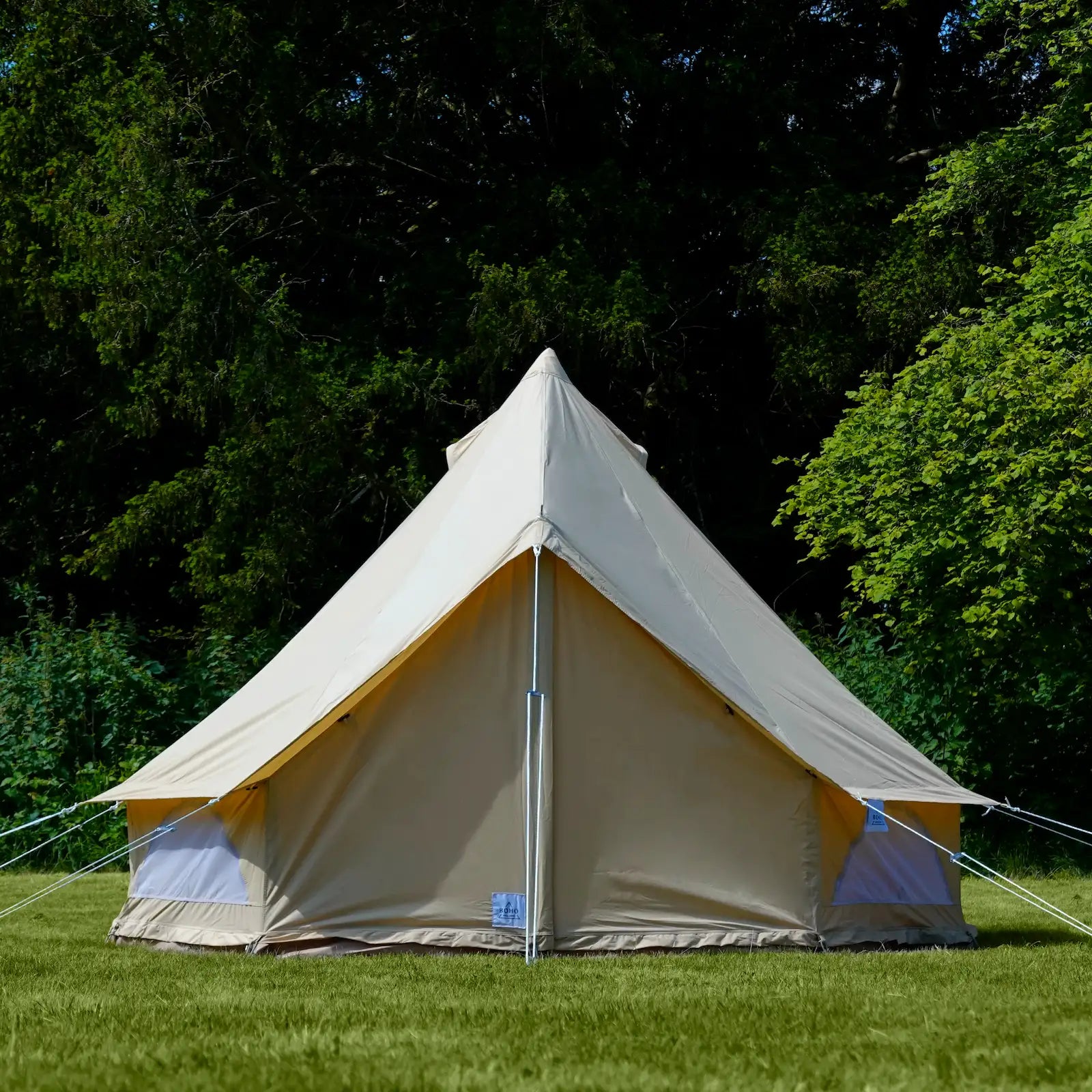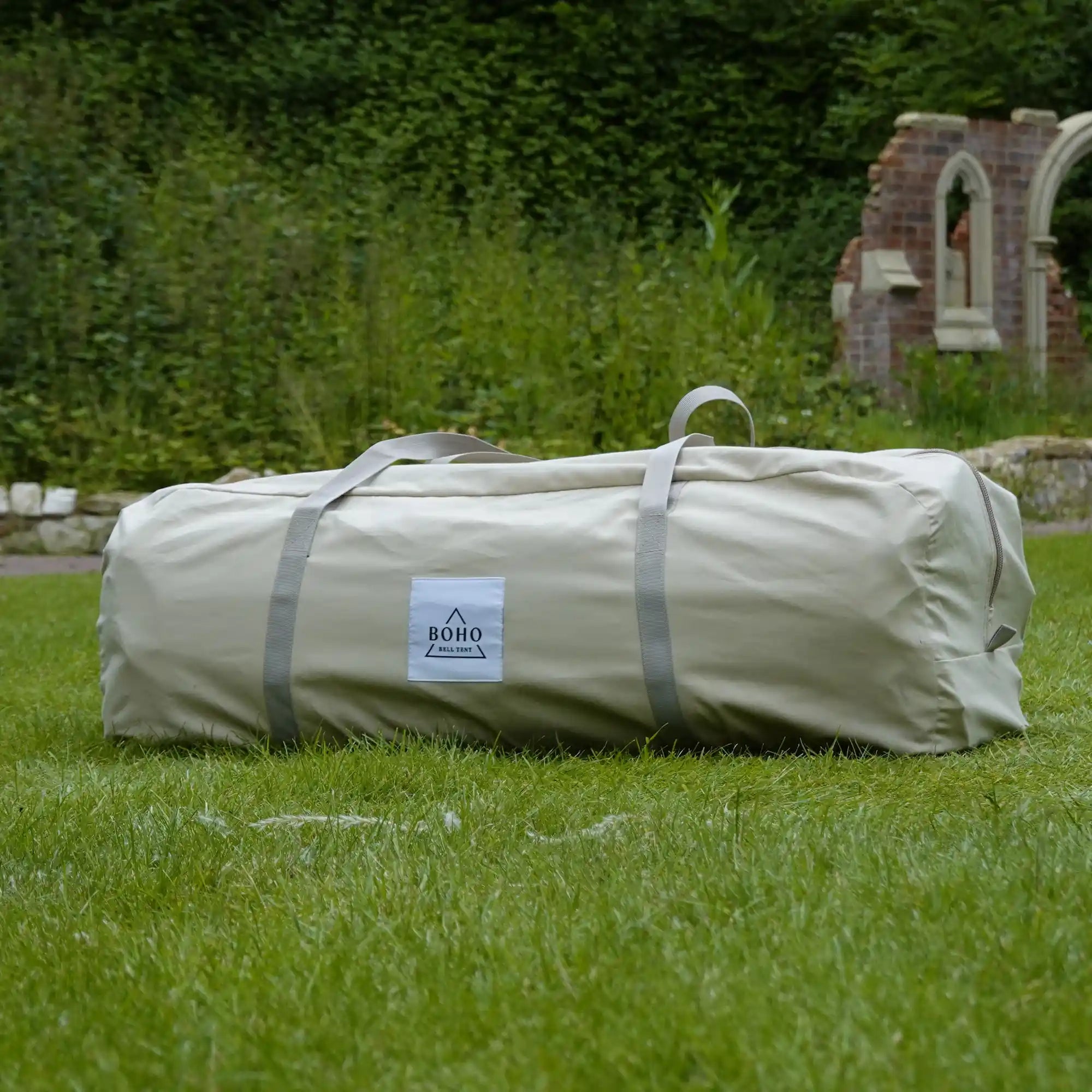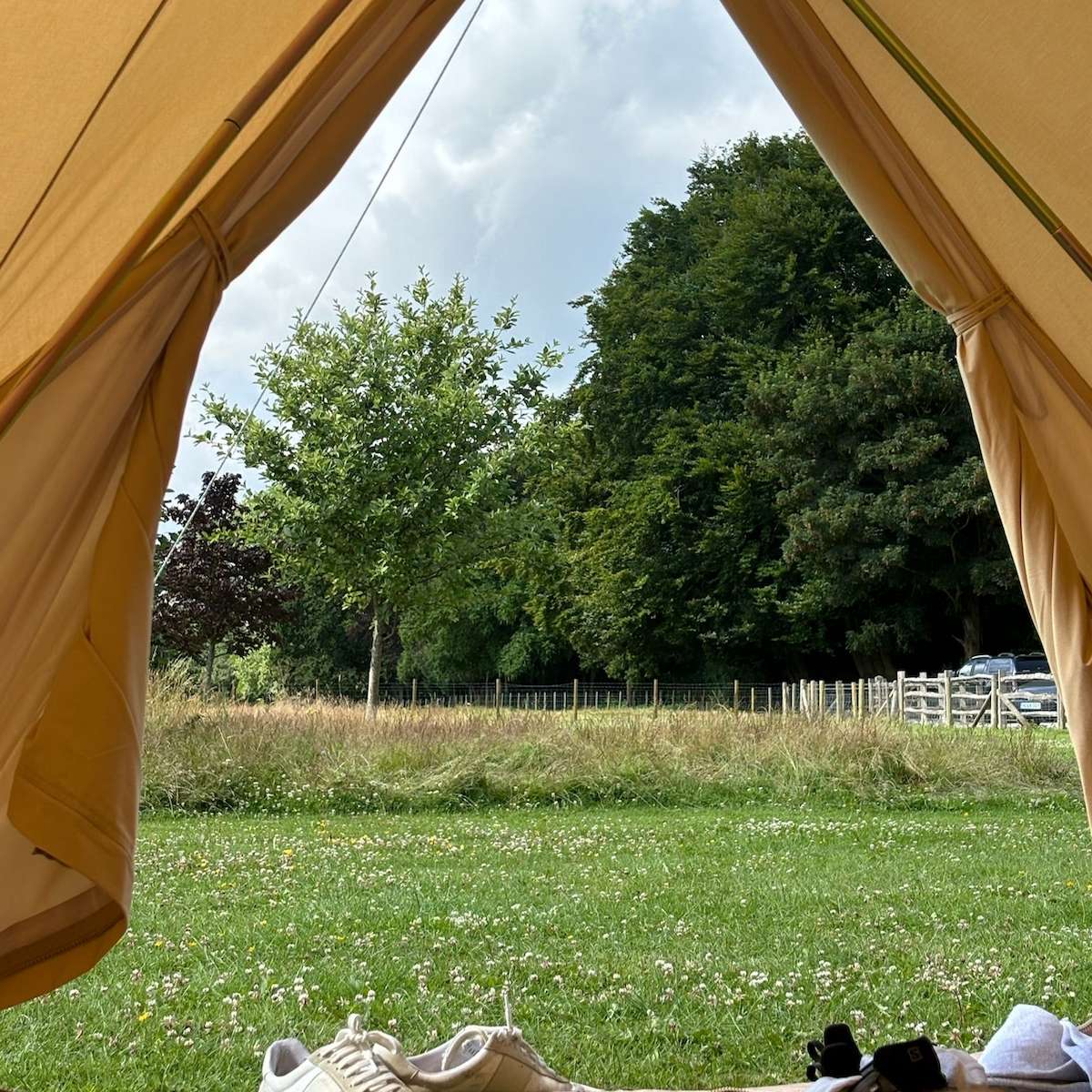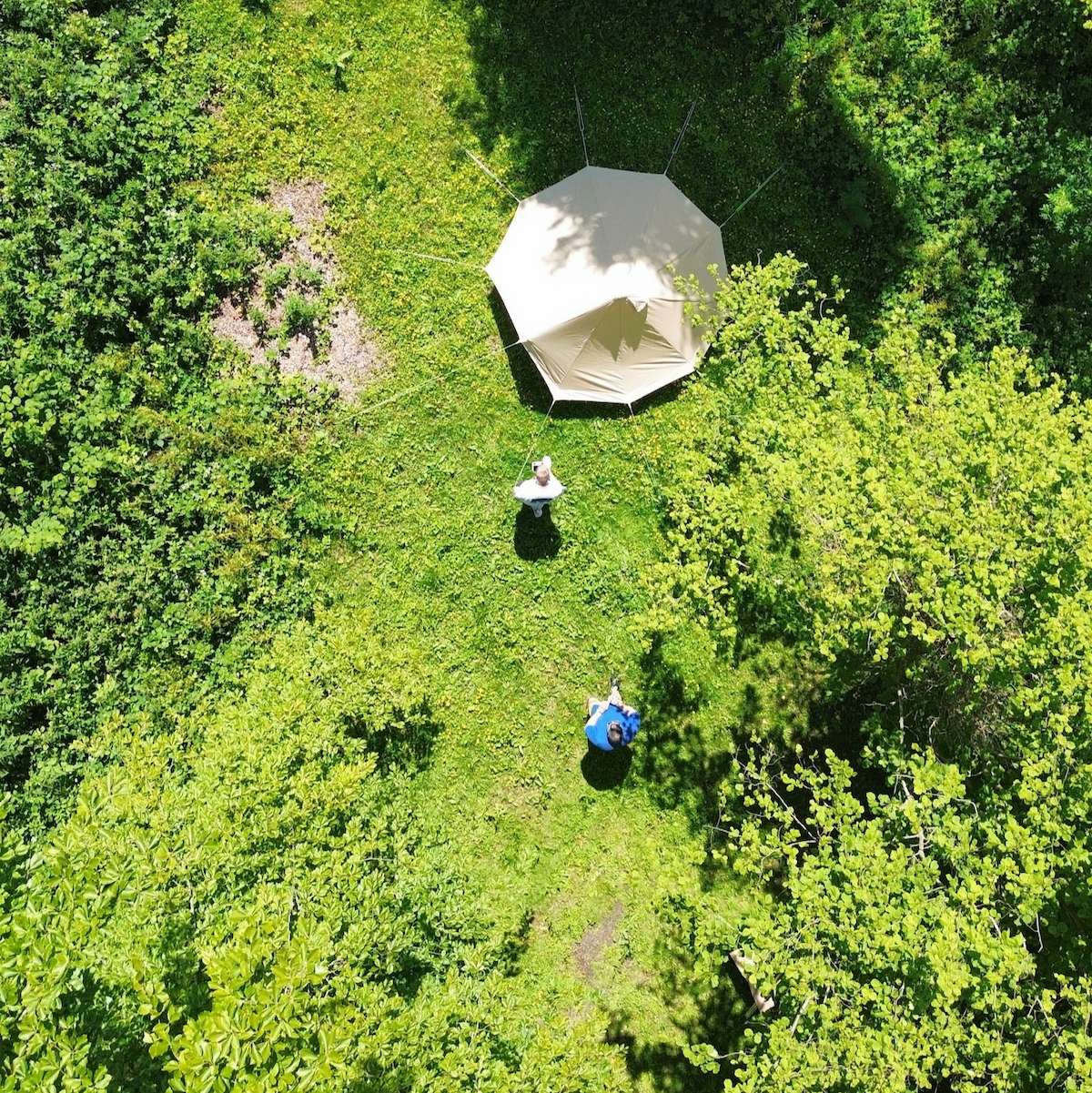The allure of wild camping—setting up a tent in a remote corner of the UK, far from the trappings of conventional campsites—is undeniable for many outdoor enthusiasts. It offers an intimate experience of the natural world, promising adventure, solitude, and a break from the digital world. This guide is designed to navigate the complexities of wild camping in the UK, focusing on legal considerations, environmental responsibility, and practical tips to ensure a safe and respectful journey into the wild.
Wild camping offers a unique way to experience the UK’s stunning landscapes, from the majestic peaks of Scotland to the tranquil beauty of Dartmoor. It appeals to those seeking a deeper connection with nature and a sense of adventure. However, venturing into the wild requires more than just a tent and a map; it demands a thorough understanding of the legal landscape, respect for the environment, and careful preparation.
Understanding the Legal Landscape
In the UK, the legality of wild camping varies across its constituent countries, necessitating a clear understanding of regional regulations.
- England and Wales: Here, wild camping is not broadly permitted without the landowner's consent, except in some specific areas like Dartmoor National Park. Trespassing laws mean that setting up camp without permission could lead to being asked to move on.
- Scotland: Thanks to the Land Reform (Scotland) Act 2003, Scotland is more lenient, allowing wild camping on most unenclosed land. This freedom comes with the responsibility to follow the Scottish Outdoor Access Code, emphasising respect for the land and its inhabitants.
- Northern Ireland: Similar to England and Wales, wild camping is generally not permitted without the landowner’s consent, making it crucial to seek permission or opt for designated camping areas.
Scotland's Outdoor Access Code
Scotland’s Outdoor Access Code is a beacon for wild campers, promoting access to natural spaces with a strong emphasis on responsible behavior. Campers are encouraged to:
- Camp well away from buildings, roads, and historical structures.
- Minimise their impact by using stoves instead of open fires.
- Take all litter home and leave the campsite as they found it.
- Avoid overuse of any single spot to prevent environmental damage.
Dartmoor National Park: An Exception in England
Dartmoor National Park is an anomaly in England, offering designated areas where wild camping is explicitly permitted. This privilege is a testament to Dartmoor’s unique landscape and its management’s commitment to public access. Campers are advised to:
- Check the Dartmoor National Park Authority’s map for allowed camping spots.
- Follow the park’s guidelines to reduce their impact on the environment.
- Ensure that their camp is small, discreet, and only for a short duration (usually one or two nights).
Securing Permission for Wild Camping
In regions where wild camping is not expressly permitted, securing the landowner's permission is both a legal requirement and a mark of respect. Strategies for securing permission include:
- Researching the land ownership and contacting the owner well in advance of your trip.
- Explaining your intentions and how you plan to minimise your impact on their land.
- Offering to follow any guidelines or restrictions they may have for campers.
Responsible Wild Camping Practices
Embracing a "leave no trace" ethic is fundamental to responsible wild camping. This includes:
- Packing out all trash, including biodegradable materials.
- Avoiding lighting fires and using a portable stove for cooking.
- Ensuring that toilet practices are conducted at least 30 meters from water and buried.
Wild Camping Gear and Preparation
Effective preparation and the right gear are crucial for a successful wild camping experience. Essential gear includes:
- A lightweight, durable tent or bivvy bag for shelter.
- A portable stove and water purification methods.
- Navigation tools such as maps and compasses (or GPS devices).
- Adequate food, water, and clothing to meet the demands of the terrain and weather.
Wild camping in the UK is an opportunity to explore nature's beauty up close, offering a sense of freedom unmatched by traditional camping. By understanding the legal requirements, engaging with landowners, and committing to environmentally responsible practices, campers can ensure their adventures contribute positively to the preservation of these landscapes. Embrace the spirit of adventure responsibly, and the wilds of the UK will provide memories to last a lifetime.


 Canvas Bell Tents
Canvas Bell Tents Bell Tent Accessories
Bell Tent Accessories








At Boho Bell Tent, we’ve helped hundreds of customers find the perfect setup for festivals, weddings, and off-grid escapes. So if you need any help at all, be sure to reach out!
Share:
Are Yurts Warmer Than Standard Tents?
Guide to Glamping Tent Toilet Solutions